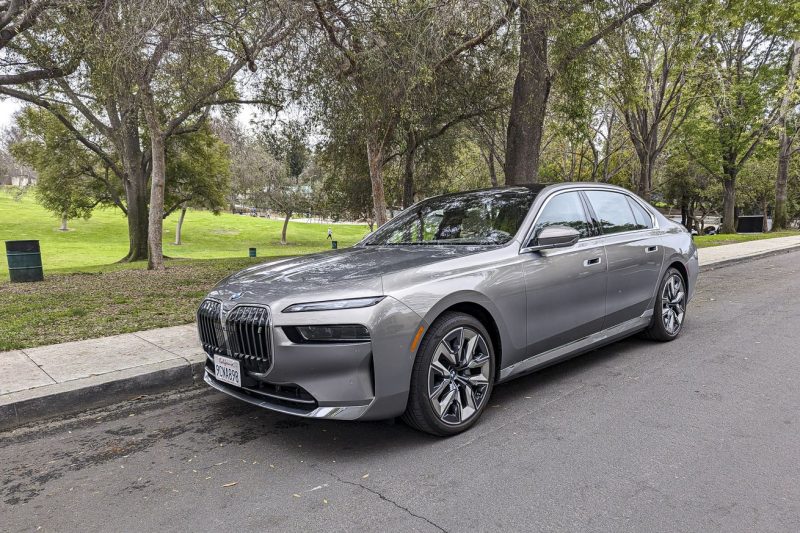BMW Will Recycle Old EV Batteries with Redwood Materials
The automotive industry is continuously evolving with advancements in technology and sustainability. As electric vehicles (EVs) gain popularity and become a prominent choice for consumers, the question of what happens to old EV batteries has become a significant concern. BMW has taken a proactive approach by partnering with Redwood Materials to recycle and repurpose old EV batteries, setting a new standard for sustainable practices in the automobile sector.
Redwood Materials, founded by Tesla co-founder JB Straubel, specializes in recycling technology and sustainable materials. The collaboration between BMW and Redwood Materials marks a crucial step towards reducing electronic waste and promoting a circular economy. By repurposing old EV batteries, these companies are not only addressing environmental concerns but also creating a valuable resource that can be used to manufacture new products.
The process of recycling old EV batteries involves disassembling the batteries, separating the components, and extracting valuable materials such as cobalt, nickel, and lithium. These materials are then reused in the production of new batteries, reducing the reliance on mining for raw materials and minimizing the environmental impact of battery production. By investing in recycling technologies, BMW and Redwood Materials are paving the way for a more sustainable future in the automotive industry.
Moreover, repurposing old EV batteries also helps to address the issue of battery disposal and electronic waste management. With the increasing adoption of electric vehicles, the proper disposal of old batteries presents a significant challenge. By establishing a recycling program with Redwood Materials, BMW is actively working towards a closed-loop system where old batteries are collected, recycled, and used to create new batteries, thus minimizing waste and environmental pollution.
This innovative approach to battery recycling sets a positive example for other automakers and industries to follow. By prioritizing sustainability and environmental responsibility, BMW is demonstrating its commitment to reducing carbon emissions and promoting a more sustainable transport sector. As the demand for electric vehicles continues to grow, sustainable practices such as battery recycling will play a crucial role in shaping the future of the automotive industry.
In conclusion, the partnership between BMW and Redwood Materials represents a significant milestone in the journey towards a more sustainable automotive industry. By recycling old EV batteries and repurposing valuable materials, these companies are not only reducing waste but also contributing to a more environmentally friendly production process. As we move towards a greener future, initiatives like battery recycling will be essential in fostering innovation, reducing environmental impact, and creating a more sustainable world for future generations.


























